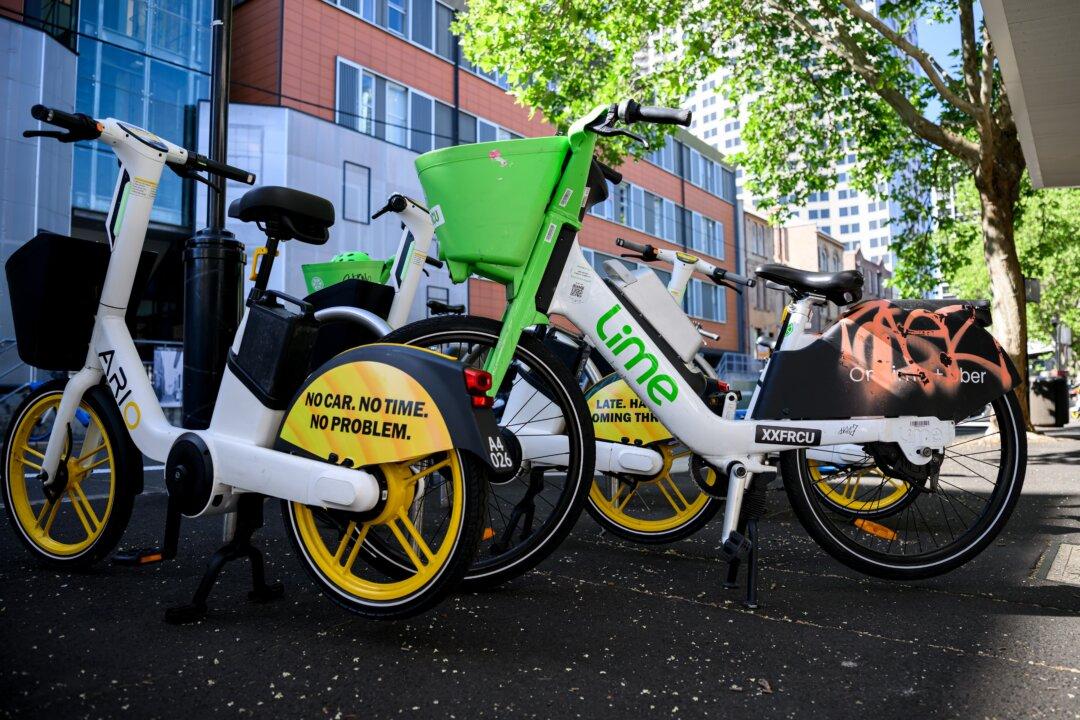An Australian company banking on harnessing enzymes with the ability to chomp through plastic “like Pac-Man” has raised more than A$50 million (US$33.52 million) in a bid to turn waste recycling on its head.
The synthetic proteins, developed by researchers at Australian National University, can break down almost any plastic product into reusable high-quality components in a matter of minutes.





